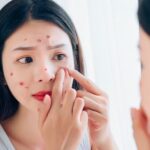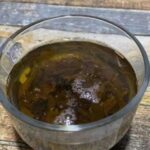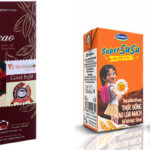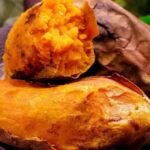1. Fast Food or Junk Food
Fast food and junk food are popular choices due to their convenience and taste. However, experts advise that consuming too much of these foods, especially those high in oil and fat, can increase the risk of acne or make existing acne worse.

Excessive consumption of junk food and fast food can be detrimental to the skin.
2. Canned and Frozen Foods
In today’s fast-paced world, where young people often work long hours and have little time to cook, canned and frozen foods have become a popular choice. These foods often contain unhealthy ingredients such as sweeteners, oils, preservatives, and artificial flavors. Consuming large amounts of these substances can have negative effects on the skin, making it rough and acne-prone.
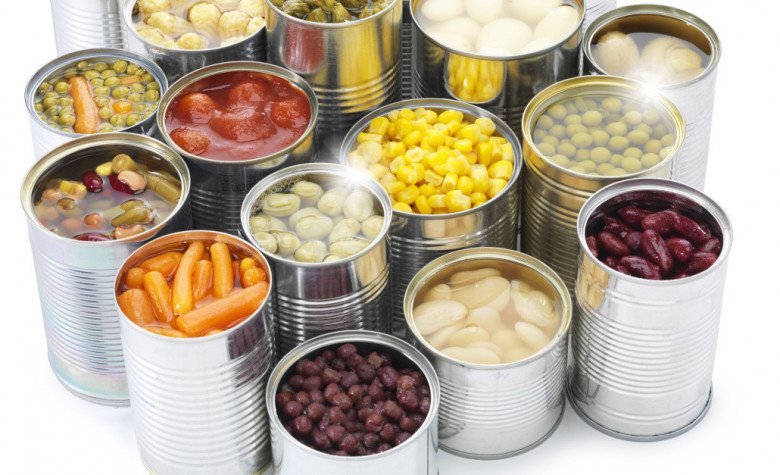
Overindulging in canned foods can also lead to acne breakouts.
3. Spicy and Heaty Foods
Many women enjoy spicy foods as they stimulate the taste buds and enhance the flavor of a dish. However, spicy and heaty foods, as well as fruits with heaty properties, can cause the skin to sweat excessively, leading to clogged pores and acne breakouts. Consuming large amounts of spicy and heaty foods can aggravate acne and make it more inflamed.
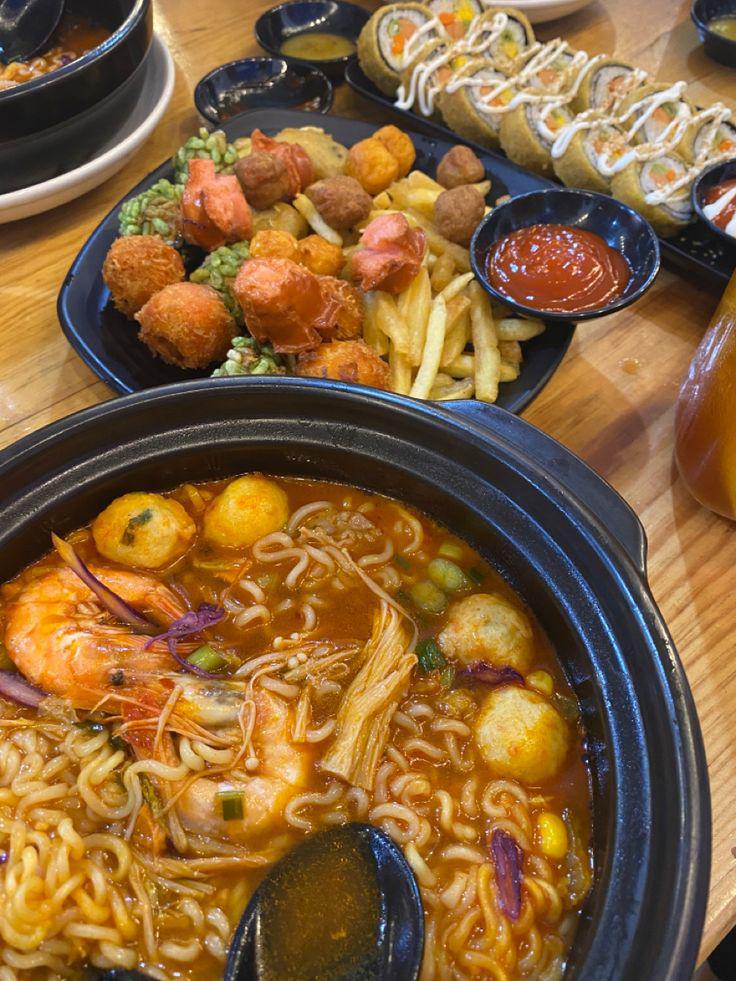
To expedite the acne treatment process, women are advised to steer clear of spicy and heaty foods.
4. Caffeine
Consuming excessive amounts of caffeine, found in coffee, tea, soda, and other beverages, can disrupt hormone balance and stimulate acne breakouts. Research indicates that caffeine can elevate cortisol levels, and higher cortisol levels can lead to increased sebum production, resulting in oily skin and a higher propensity for acne.

Excessive coffee, tea, and soda consumption can also contribute to acne breakouts.
5. Dairy Products
A study found that excessive consumption of dairy products such as milk, cheese, and ice cream can stimulate insulin production, leading to increased oil secretion in the skin. If you are prone to acne and regularly consume dairy products, your acne may worsen. Opting for low-sugar or sugar-free plant-based milk alternatives and adopting a balanced diet can help mitigate this issue.
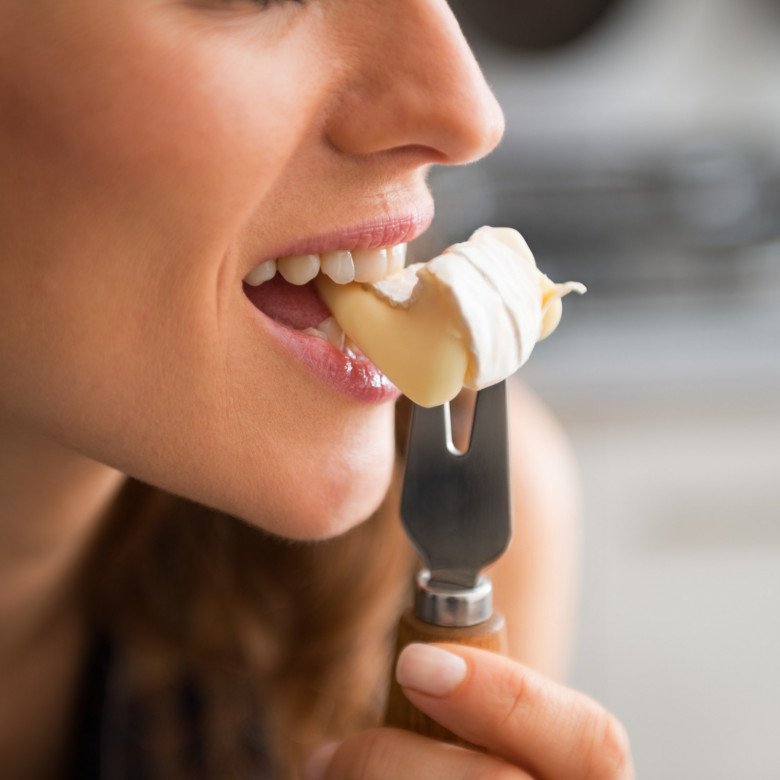
When it comes to dairy products, women are advised to choose low-sugar or sugar-free options to prevent acne breakouts.
In addition to following a dermatologist’s treatment plan for acne, making some lifestyle changes can also improve skin health. Incorporating zinc-rich foods into the diet can help reduce inflammation and combat acne-causing bacteria. Regular exercise boosts metabolism and helps clear pores by increasing perspiration. It is important to refrain from touching or picking at acne lesions, as hands can transfer bacteria and aggravate the condition. For those with severe acne, it is advisable to minimize the use of cosmetics and limit exposure to other harmful chemicals.
The Secret to Weight Loss: How a Chinese Star Lost 8kg in 3 Days by Drinking Black Coffee – The 3 Golden Times to Drink for Maximum Fat Burn
Drinking coffee is a beloved pastime for many, and it can also be a powerful tool for weight loss. Imagine the delight of discovering that a simple cup of black coffee can boost your metabolism and help burn fat. This magical brew is an effective way to shed those extra pounds, and it’s a delightful ritual to incorporate into your daily routine.


























